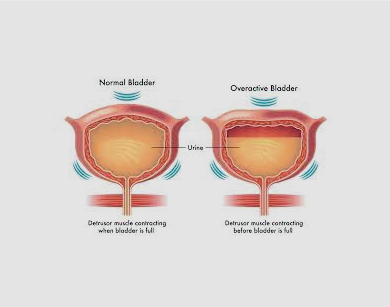
September 7, 2024
Postpartum Urinary Incontinence: How To Take Care Of Loss Of Bladder Control After Birth
Postpartum Urinary Incontinence: Just How To Take Care Of Loss Of Bladder Control After Birth The postpartum duration begins soon after the baby's delivery generally lasts 6 to 8 weeks, and finishes when the mother's body has almost returned to its pre-pregnant state. The postpartum duration is necessary for both temporary and long-term wellness and well-being for a woman and her newborn. This task must help the interprofessional group give thorough postpartum look after the new mom. If you're having difficulties during your postpartum healing, don't hesitate to call your healthcare provider any time. And do not keep back on sharing your feelings with your partner, or connecting to close friends and member of the family for assist with the baby. Your physical and emotional health and wellness is very important, so make certain to give on your own a break when you require it the most.When To Speak With A Physician?
- Because of this, some pee may leakage when you sneeze, laugh or coughing.
- Your health and wellness should be among your primary worries after giving birth.
- It is additionally regular to really feel discomfort and discomfort in pelvic locations.
- Urinary system urinary incontinence is not an unavoidable outcome of aging, yet it is especially typical in older people.
- Several constraints in this existing study need to be concerned.
Does Childbirth Unavoidably Bring About Incontinence?
After delivery, a mix of blood, mucus and tissue from the uterus comes out of the vagina. The discharge adjustments color and decreases over 4 to 6 weeks after a baby is born. The discharge after that slows down and becomes watery until it quits. You might like to take pain-relief medication if it's recommended by your doctor. After childbirth, talk with your health care specialist regarding your risk of a pregnancy-related problem. Your Chronic Constipation threat could be higher if you had a problem during pregnancy such as gestational diabetes mellitus or hypertension. The pelvic flooring muscular tissues are easiest to palpate at the 5 o'clock and 7 o'clock settings-- about despite where your legs fulfill your hips and about 3 to 4 centimeters above the genital opening. I want every female to recognize that no quantity of urinary incontinence requires to be tolerated. With numerous therapy options offered, postpartum urinary system incontinence does not require to be a part of life after delivering.Will postpartum incontinence vanish?
Social Links